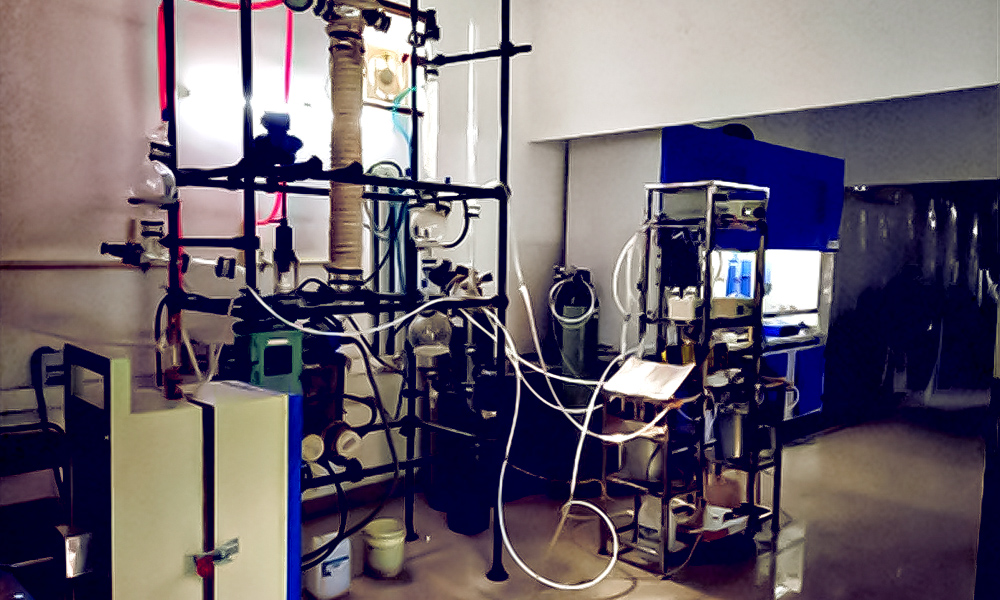
Image Credits: NDTV
Thanks To IIT Delhi! Get Ready For Cleaner, Low-Cost Hydrogen Fuel
Writer: Ankita Singh
A literature lover who likes delving deeper into a wide range of societal issues and expresses her opinions about the same. Keeps looking for best-read recommendations while enjoying her coffee and tea.
Delhi, 10 Feb 2021 10:22 AM GMT
Editor : Prateek Gautam |
A free soul who believes that journalism, apart from politics, should stand for social cause and the environment.
Creatives : Rajath
A free spirit who find meaning in life with the virtue of creativity and doing job par its excellence, animal lover and traveller by heart.
The team of researchers at IIT Delhi split the water by a process called Sulphur-Iodine (SI) thermochemical hydrogen cycle. The institute mentioned that the process could be considered an important step towards finding viable options towards a cleaner and greener future.
A group of researchers from the Indian Institute of Technology, Delhi, has developed a way to generate clean hydrogen fuel from water at a low-cost.
The institute, on Sunday, mentioned that the process could be considered an important step towards finding viable options towards a cleaner and greener future.
The group, mainly from the Department of Chemical Engineering, under the supervision of Sreedevi Upadhyayula had taken up the research for clean fuel production.
The entire project is funded by Oil and Natural Gas Corporation's Energy Centre (OEC).
'Split Water'
The team of researchers at IIT Delhi split the water by a process called Sulphur-Iodine (SI) thermochemical hydrogen cycle.
By this process, the researchers aim to generate low-cost, clean hydrogen fuel that could be used in industries for various purposes.
When compared to other fossil fuels, Hydrogen gas is a cleaner choice and acts as a renewable substitute. It can help mitigate emissions and minimise the damage caused to the environment.
A major challenge faced by the researchers at IIT Delhi was to design a suitable catalyst for the energy-intensive, corrosive step of Sulphuric acid conversion to Sulphur-Dioxide and Oxygen.
However, the in-house catalyst meets all the requirements and is now patented as well.
The project supervisor Prof Sreedevi Upadhyayula emphasised the current need to switch over to renewable energy sources such as water.
She further added that the thermo-chemical hydrogen cycle for splitting water offers a practical means of generating hydrogen as a fuel and also oxygen as a by-product.
She also suggested that in the near future, this process can be replicated for the commercial production of hydrogen on a large scale.
According to NDTV, while explaining the process of the hydrogen cycle, the professor said, "We have employed a combined state-of-the-art experimental and theoretical approach to design an efficient and cost-effective heterogeneous catalyst (for the Sulphuric acid decomposition step of S-I cycle for hydrogen production) functional under high temperature, corrosive conditions while also being cost-effective."
The team has successfully demonstrated the entire integrated closed-loop pilot plant level at IIT Delhi, confirmed the project supervisor.
Also Read: Bengaluru: New Bicycling Track Opens Up On Race Course Road
 All section
All section














